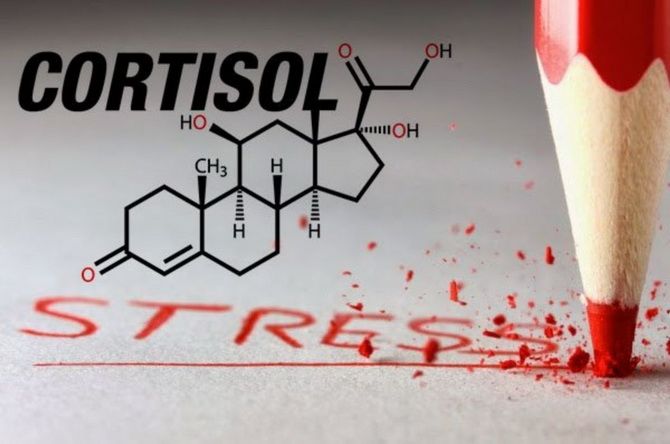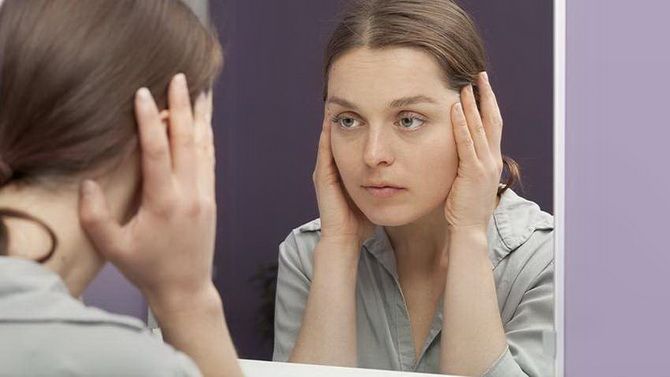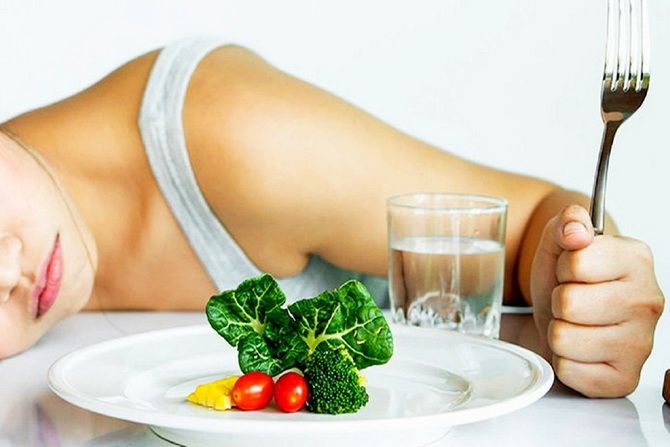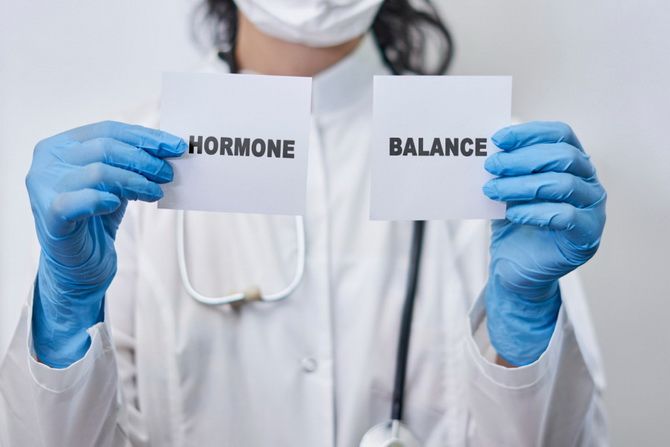At any time of the year, there may come a time when a woman decides to go on a diet. Most often this happens before the holidays or a significant event. And in order to quickly achieve the desired shape, many ladies resort to extreme calorie-restricted diets. Of course, you will be able to lose a few kilograms, but there can be a lot of disadvantages from this type of food. Read on Joy-pup what effect rapid weight loss can have on our body.
Increase in cortisol levels

The normal rate of weight loss ranges from 0.5 to 1 kg per week, and it depends on the person’s body weight, their consistency in maintaining a low-calorie diet plan, and how physically active they are. Very calorie-restricted diets lead to an increase in stress hormones such as cortisol. This, in turn, leads to a stimulation of the appetite, which increases the likelihood of overeating.
Deficiency of vitamins and minerals

Extreme calorie restriction can lead to malnutrition and, over time, vitamin and mineral deficiencies. A deficiency in these nutrients can lead to dry or brittle hair and nails, muscle atrophy, fatigue, headaches, cramps, muscle weakness, and a weakened immune system.
Metabolic slowdown

Studies evaluating the effect of a short-term diet (14-21 days) on the rate of muscle protein synthesis in overweight middle-aged people have shown that calorie restriction reduces the postprandial rate of muscle protein synthesis. A very low calorie diet has been shown to have consequences in the form of gallstone disease, ketosis, and elevated serum uric acid concentrations.
Hormonal imbalance

A sudden change in weight can also lead to hormonal imbalances, such as menstrual irregularities. There may also be a change in the psychological state, emotional swings, increased irritability and mood swings. Although people can lose weight while dieting, weight gain tends to occur when the diet is stopped. Therefore, it is equally important to control weight both during the diet and during maintenance.







Only registered users can leave comments